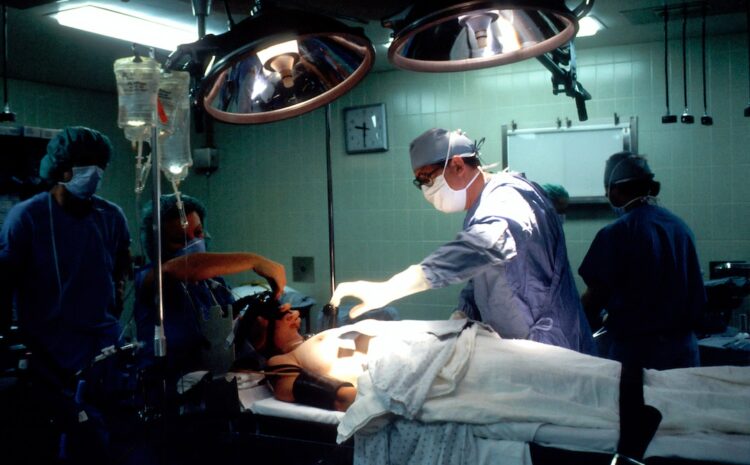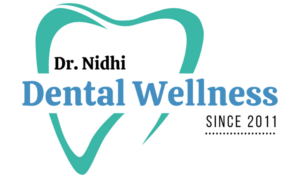
Maintaining good oral hygiene isn’t just about a dazzling smile and fresh breath. Research suggests a surprising connection between poor oral hygiene and a heightened risk of oral cancer. In this article, we’ll delve into the intricate relationship between oral health and cancer development, exploring preventive measures and dispelling myths.
The Link: Oral Hygiene and Cancer Risk
Understanding the Role of Poor Oral Hygiene
When we neglect our oral health, harmful bacteria flourish in our mouths. In the long run, this can lead to gum disease, cavities, and even tooth loss. But the story doesn’t end there. Recent studies have indicated that persistent bacterial inflammation caused by poor oral hygiene might contribute to the development of oral cancer. The mouth, after all, is a gateway to our body, and chronic inflammation can trigger a chain reaction of adverse health effects.
Unveiling the Research Findings
Researchers have delved into the connection between oral hygiene and cancer, revealing that individuals with long-standing gum disease have a higher risk of developing oral cancer. The bacteria responsible for gum disease, when left unchecked, can produce harmful byproducts that damage the cells lining the mouth, potentially leading to cancerous growths.
Prevention: A Powerful Tool
Fortunately, maintaining proper oral hygiene practices can be a potent tool in reducing the risk of oral cancer. Regular brushing, flossing, and professional dental cleanings help control bacterial growth and inflammation. By minimizing bacterial presence, you can significantly lower the chances of chronic inflammation that might contribute to cancer development.
Debunking Myths: What Doesn’t Cause Oral Cancer
Separating Fact from Fiction
While there’s a credible link between poor oral hygiene and oral cancer, it’s important to debunk certain myths. Poor oral hygiene alone doesn’t directly cause oral cancer. It can, however, create an environment conducive to its development. Smoking and excessive alcohol consumption remain primary risk factors for oral cancer, but poor oral hygiene can amplify these risks.
The Importance of Early Detection
Regular Dental Check-ups: More Than Just Cleanings
Regular dental check-ups serve a dual purpose. They not only keep your teeth and gums healthy but also enable dentists to identify any signs of oral cancer at an early stage. Oral cancer, when detected early, has a much higher chance of successful treatment. Dentists can spot suspicious lesions, discolorations, or irregularities during routine examinations.
Beyond Oral Hygiene: A Holistic Approach
Diet and Lifestyle Factors
Maintaining a balanced diet rich in fruits and vegetables can significantly contribute to your oral health. Certain nutrients, like antioxidants and vitamins, bolster your body’s defense against cancer-causing agents. Moreover, avoiding tobacco products and moderating alcohol intake can synergize with good oral hygiene to mitigate cancer risks.
Regular Exercise and Stress Management
Surprisingly, regular exercise and stress management play a role too. Engaging in physical activity and managing stress effectively enhance your immune system’s functionality, which in turn aids in fighting off potential cancer cells.
Conclusion: Empower Your Health through Oral Care
In the grand scheme of things, our oral health has far-reaching implications. The journey to reducing the risk of oral cancer starts with diligent oral hygiene practices. While poor oral hygiene alone might not directly cause oral cancer, it can certainly amplify the risks. By maintaining a clean and healthy mouth, you’re taking a proactive step toward safeguarding your overall well-being.

